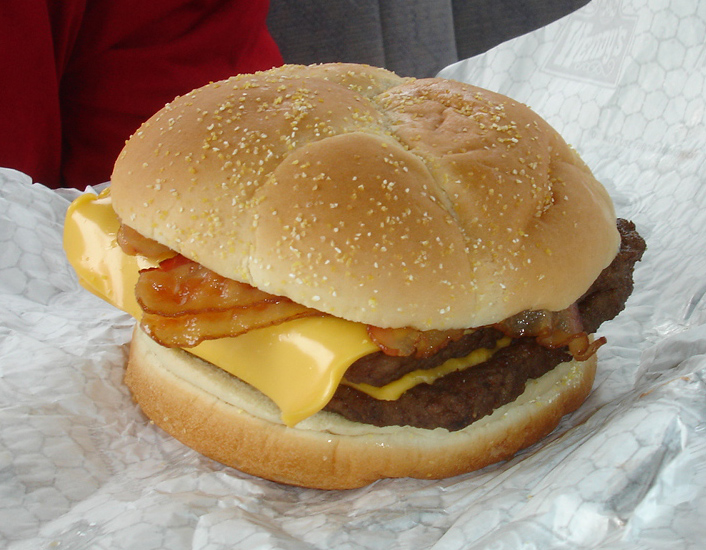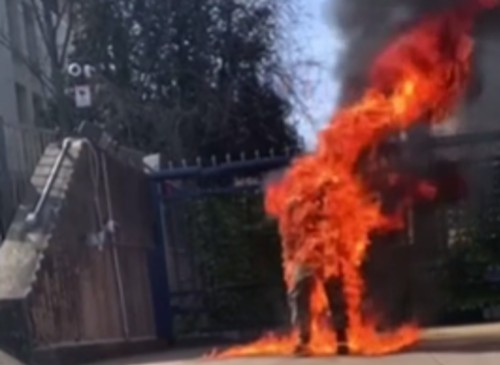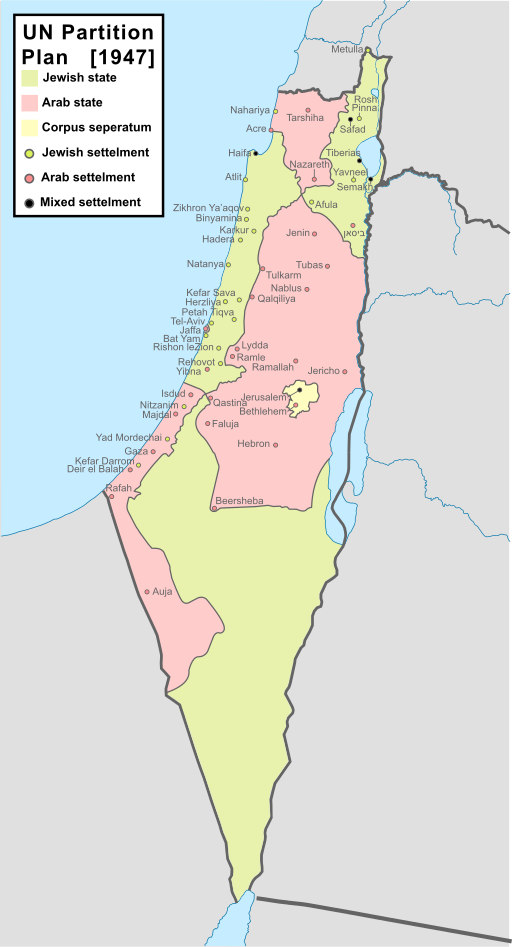
Wendy’s ran into a wall of popular resistance with the mid-February release of its “earnings call” transcript for the fourth quarter of 2023. The transcript mentioned an intention to test “dynamic pricing” starting next year.
The knee-jerk panic reaction was understandable. Nobody looks forward to the prospect of sitting in a drive-thru line for 20 minutes before reaching the menu, only to learn that a Baconator combo is going for $50. Wendy’s quickly backed down on the plan and tried to explain that its focus is on “dynamic pricing” ideas other than mere “surge pricing” (i.e. higher prices at times of highest demand).
But “dynamic pricing,” including “surge pricing,” is a great idea — for Wendy’s, and for its customers.
Dynamic pricing goes in both directions, and it’s good all around. To see why, let’s look at that Baconator combo. I just priced one for pickup at my local Wendy’s: $12.29.
Now, suppose a nearby factory’s daytime shift is getting off work, or a local sporting event has just ended, and a bunch of hungry people are heading for Wendy’s. The drive-thru line extends into the street. The workers are running around like chickens with their heads cut off. People are waiting ten minutes instead of two minutes for their food.
Of course, most of those customers are ordering via phone app these days. They know the cost before they even join that drive-thru line. And if the cost is $15.29 instead of $12.29, many of them will decide to eat at home. The people who are willing and able to pay the extra three bucks will get their food more quickly; those who can’t or won’t will eat elsewhere; and the staff will not be overworked and exhausted.
That’s “surge pricing.” But let’s look at the other side. Think of it as “slow business” pricing. There’s one person in the dining area and two cars in the drive-thru. The workers are standing around and one could safely be sent home. The basket of fries that just came out of the oil will end up in the trash if not sold ASAP.
The manager presses a button and everyone with the Wendy’s app gets a promo message — Baconator combo for $9.99 if you order in the next 30 minutes! People who happen to feel a little peckish get a deal. Food doesn’t go in the garbage. A worker keeps getting paid instead of going home. Instead of losing money during that hour due to wasted food and wasted time, Wendy’s makes money.
Everything else being equal, nobody wants to pay more for food than necessary. But everything else is never equal. For some people, saving time is worth a little extra money; for others, saving money is worth a little extra time. For businesses, keeping demand more steady is profitable.
“Dynamic pricing” — prices rising and falling — has always been the rule, not the exception. It’s just getting compressed into shorter time frames. That’s a feature, not a bug, and the sooner we see it at the drive-thru the better.
Thomas L. Knapp (Twitter: @thomaslknapp) is director and senior news analyst at the William Lloyd Garrison Center for Libertarian Advocacy Journalism (thegarrisoncenter.org). He lives and works in north central Florida.
PUBLICATION/CITATION HISTORY


